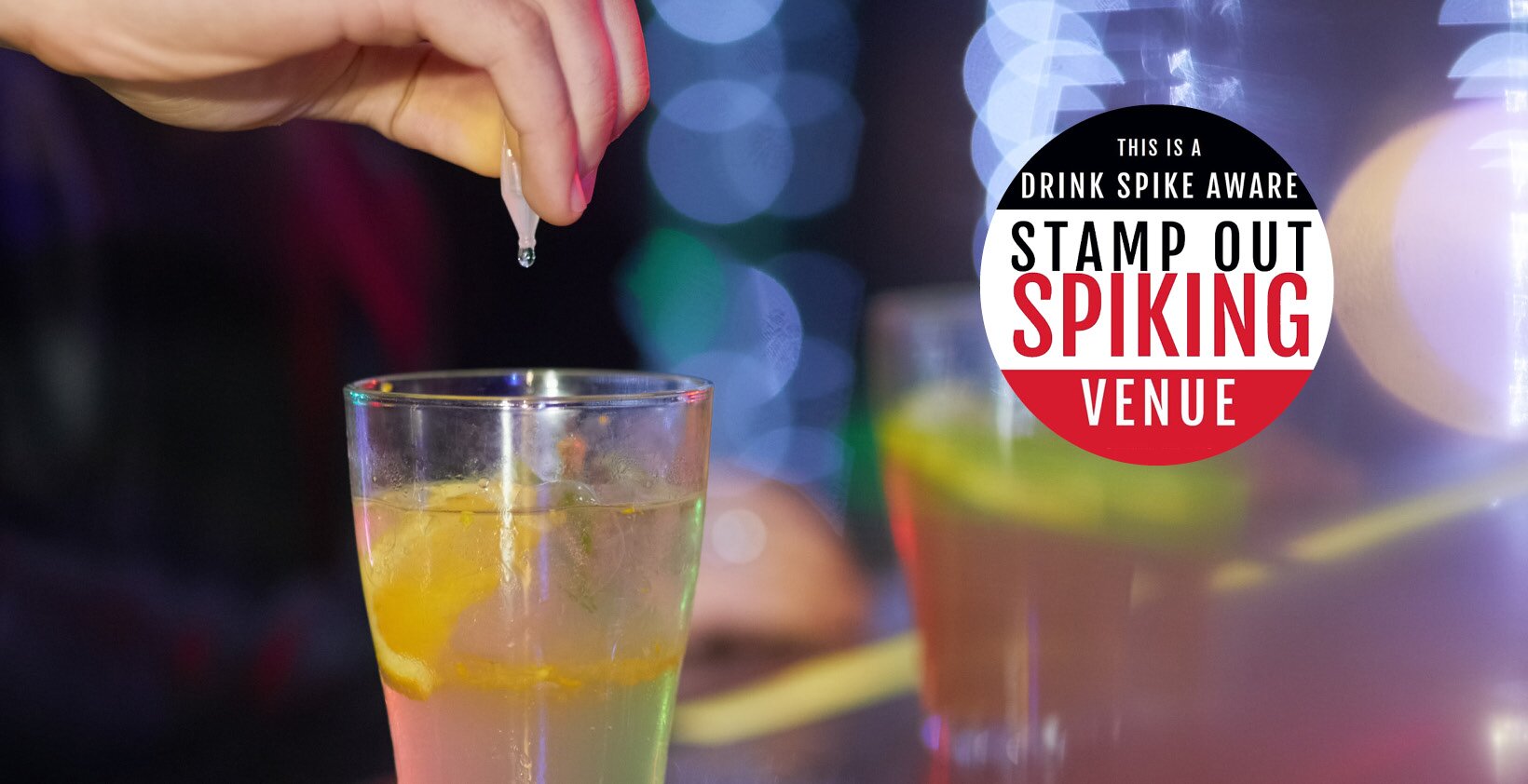Viewpoint: Change the law now to tackle spiking
Drink spiking is prevalent in the UK but not a criminal offence in its own right. Dawn Dines of Stamp Out Spiking wants that to change
An October 2022 YouGov poll commissioned by Stamp Out Spiking showed that 25% of UK adults have had, or know someone who has had, their drink spiked by alcohol or another substance. Currently, the police record spiking as a crime under other specific offences, such as sexual assault, robbery, or administering a noxious or poisonous substance under the Offences Against the Person Act. These are serious offences that are recordable in their own right, but spiking has to be reported as one of those other offences in line with the principal crime/finished incident rule. Until spiking has its own specific offence code there is no way to record the extent of it and how many lives it is really damaging. Despite the damage that spiking causes, the government does not recognise the need to create a specific offence of spiking.
Why the law has to change
The benefits of making spiking a specific offence are manifold:
Public confidence. Many victims don’t even know that spiking is a crime. If the Home Office recognised spiking as a crime in its own right, the social landscape could be changed to support victims and supply the public with the knowledge and confidence to recognise and report spiking.
Zero tolerance. A change in the law would send a message of zero tolerance and act as a deterrent to potential perpetrators. Spiking may not always lead to an even more serious crime, but it always affects the physical or mental health of the victim.
Actionable data. With a specific offence code, all reports of spiking would be recordable in their own right. The National Police Chiefs’ Council support doing so as it would result in the true extent of the crime being known, and the police being able to dedicate resources to tackling it.
Three necessary changes
First, the law has to change. The UK government has an opportunity to lead the way here. Some languages don’t even include a word for spiking. Stamp Out Spiking is currently petitioning to show there is a demand for a change in the law from the public, and this demand cannot be ignored.
The second change must be training. All licensed premises, venues and festivals along with the emergency response services, need to be upskilled in dealing with spiking. We would also support a review of the spiking policy requirements alongside alcohol licence applications.
Venues have a duty of care to their customers, and training will help them safeguard customers and staff at a time when resourcing and staffing levels are under pressure. Stamp Out Spiking has developed a two-hour interactive accredited awareness training workshop. It equips hospitality staff with a full awareness of spiking along with a toolkit for a tailor-made risk assessment of your venue to ensure it has the correct policies and procedures in place. Visit stampoutspiking.org for more information.
We also inform and recommend all anti-drink spiking devices, such as StopTopps and Spikeys, and initiatives such as “Ask for Angela”. This will ensure your organisation is well prepared, and if spiking should take place, your staff will be able to act in the most professional and caring way possible towards the victim, ensuring no adverse impact on trust in your business and its reputation.
The third change needed is an end to the social stigma that spiking victims can suffer. Spiking cases go unreported and victims are blamed because of the associated social stigma. Stamp Out Spiking is against victim blaming, including the blaming of venues – we don’t believe in ‘naming and shaming’ venues. We know where all of the fault truly lies: with the perpetrators.
Dawn Dines is the founder and chief executive of Stamp Out Spiking















